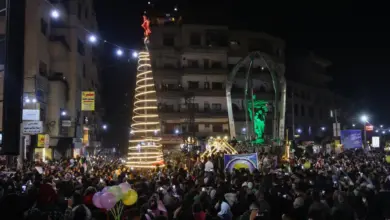The House of the Egyptian Family, an ad hoc committee formed under the chairmanship of the Grand Sheikh of Al-Azhar, Ahmed al-Tayyeb, has rejected the draft unified law on places of worship on the grounds that the religious rituals of Islam differ from those of Christianity.
The committee recommended that the government issue a law specifically on the building of churches, covering all Christian denominations, to run in parallel with the existing law on building mosques, which was issued in 2001.
“We recommend the re-opening of closed-down churches that have licenses,” said Mostafa al-Fiqqy, a member of the committee. “And unauthorized churches should be granted licenses once they meet the respective requirements.”
Fiqqy also said that all Christian denominations should take part in the preparation of the parallel law. He added that the Muslim and Christian members of the committee find no need to pass a law on building mosques, as there are no problems concerning the building of mosques under the existing law.
The creation of a single law covering the construction of both churches and mosques has been a top priority for Coptic activists, who say that they suffer from systematic discrimination in building churches.
In June, the military-backed government proposed a law giving governors the power to grant or deny permits to build, modify or renovate places of worship. The bill also put limits on the size of churches, stating that they must be at least 1000 square meters in floor area, and on the number of churches allowed in a given area. However, the draft was rejected by Coptic activists as too restrictive.
This month, Egypt’s National Council for Human Rights, proposed a new amended law on unified places of worship. The NCHR’s draft softens the rigid conditions set by the government, such as the requirement that there be at least 500 meters distance between each church. The limits on the sizes of places of worship were removed.




